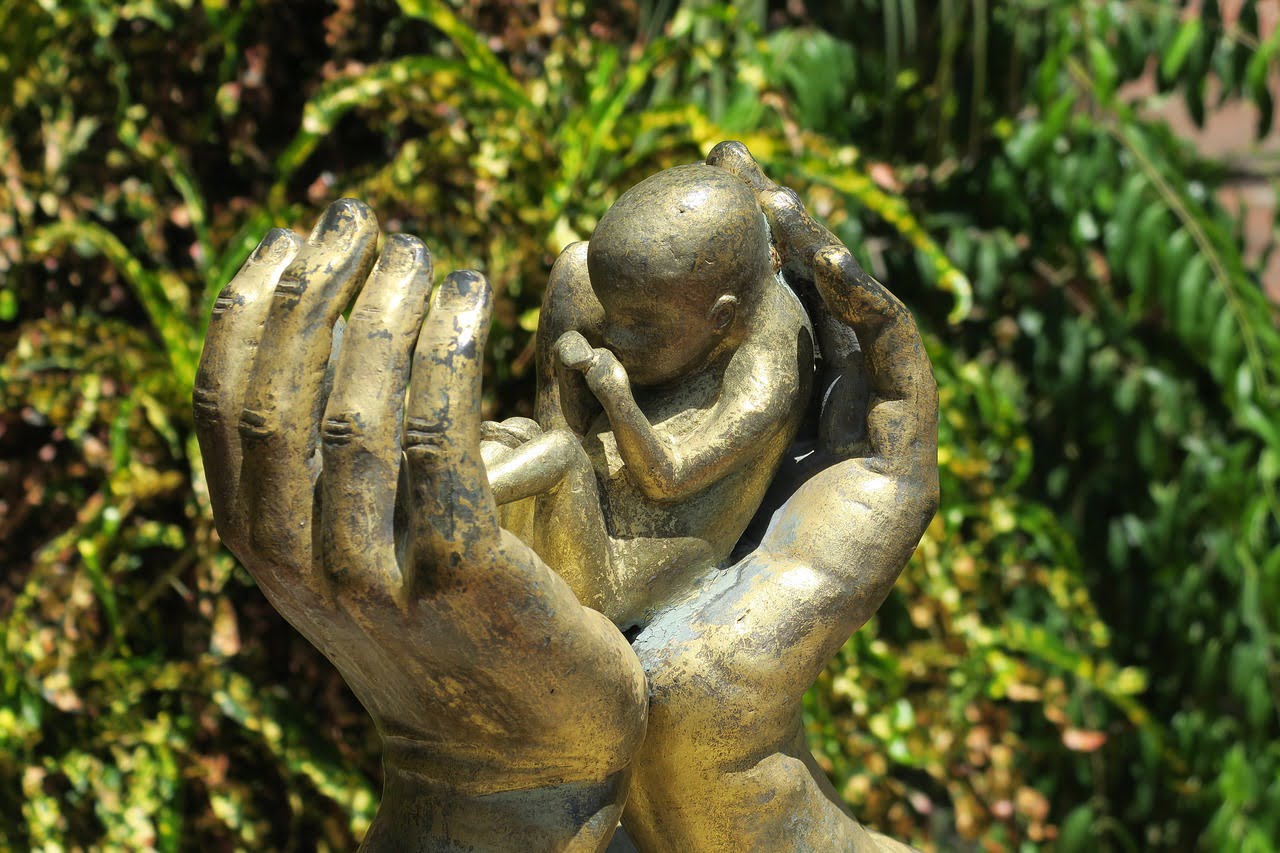Supreme Court’s Second Anti-Abortion Ruling; Justices Asked to Give Fetuses Legal Standing to Sue
Anti-Abortion Activists File A Petition
WASHINGTON, D.C. (September 7. 2022) – Anti-abortion activists have filed a novel petition with the Supreme Court asking it to rule that fetuses have legal standing to file law suits in courts.
I.e., so-called “fetal personhood” and prenatal rights – in an action which could provide such groups with a new legal weapon against abortions, abortion providers, and even women seeking abortions, says public interest law professor John Banzhaf.
Q2 2022 hedge fund letters, conferences and more
They argue, in effect, that an earlier ruling in Rhode Island, denying unborn children the legal right to sue on their own behalf, should be vacated in light of the Court's recent decision overruling the Roe v Wade decision which established a constitutional right to an abortion in many situations.
While comments and speculation on this new development have tended to focus on what it may mean in the future, the concept that a fetus may have rights.
Including the alleged legal rights of the "estate" of an aborted fetus - has already proven to be a useful remedy for those opposed to abortions, including fathers whose unborn children were "killed" against their wishes, notes Banzhaf.
He writes that a new weapon in the arsenal of those who oppose abortions is a lawsuit, on behalf of the "estate" of the aborted fetus, against those who played any role in aborting it; a tactic which has been used at least twice, and was recently upheld by a judge.
The Arizona Action
In Arizona, Mario Villegas was allowed to establish a legal estate for the fetus, dubbed "Baby Villegas," in order to sue doctors who had provided abortion pills to his then wife some four years earlier.
The Arizona action was based upon an earlier lawsuit by an Alabama man, Ryan Magers. who hadn’t wanted his ex-girlfriend to have an abortion.
He persuaded a probate judge to appoint him as a representative of the estate of the aborted fetus so that he could then file a wrongful death lawsuit against those involved.
Although the Alabama lawsuit was eventually dismissed, it - like other similar ones - can cause very serious consequences for those who have been sued, including the stress and expense of being forced to defend themselves.
For example, the doctor sued for prescribing abortion pills in Arizona had her annual medical malpractice insurance more than doubled from $32,000 to $67,000.
Those who support the availability of abortions should be especially concerned because all of the above occurred at a time when a woman's right to an abortion was constitutionally protected.
A New Tactic
Now that Roe has been overruled by the Supreme Court, the opportunity for this tactic to be used as a powerful weapon against abortions - especially in jurisdictions where prosecutors may decline to bring criminal actions, so civil lawsuits may be the only effective weapon - has exploded, says Banzhaf.
He points out that the new Supreme Court filing could provide strong support as well as publicity for this legal tactic. Others agree.
For example, law professor Lucinda Finley says such lawsuits are a “harbinger of things to come," and that she expects anti-abortion activists, together with state legislators, to use “unprecedented strategies” to slash the number of abortions.
Another advocate for reproductive rights says the Arizona lawsuit is part of a larger agenda; “It’s a lawsuit that appears to be a trial balloon to see how far the attorney and the plaintiff can push the limits of the law, the limits of reason, the limits of science and medicine."
If even a few judges agree that an aborted fetus can have a legal estate which is represented by its biological father or some other person, this might imply that fetuses, before being destroyed, have some legal rights which can be protected by judges.
These might include court orders, perhaps obtained by husbands or other biological fathers, prohibiting or at least limiting pregnant women from using illegal drugs, smoking tobacco and/or marijuana, drinking or at least drinking to excess, and even engaging in various jobs or activities which might unreasonably endanger a fetus, says Banzhaf.
Devastating Impact Of Lawsuits
Lawsuits based upon fetus-estate theory, even if eventually dismissed or otherwise unsuccessful, can nevertheless have devastating impacts on anyone involved in helping - or even simply counseling - a pregnant women to have an abortion (arguably "killing the fetus").
Either a procedure performed by a surgeon or, as in the Arizona case, even one which resulted from a prescription for pills.
It is quite likely that the Supreme Court's Dobbs decision has opened the floodgates to a large number of legal actions based upon new, novel, and unprecedented and untested legal theories, says Banzhaf, who has been called "Legal Academia's Instigator in Chief," and an "Entrepreneur of Litigation, [and] a Trial Lawyer's Trial Lawyer."
Indeed, he has also been called the "a Driving Force Behind the Lawsuits That Have Cost Tobacco Companies Billions of Dollars," "King of Class Action Law Suits," and "The Law Professor Who Masterminded Litigation Against the Tobacco Industry."
Unless and until the law regarding fetuses, and the potential legal rights of fetuses and their estates, becomes settled - something likely to take many years, and to involve different results in various states.
Legal uncertainty and the risk of exposure to novel legal actions is likely to compel doctors, hospitals and other health care centers, insurance companies, private employers, and even friends and family members, to be reluctant to become involved, directly or even indirectly, with abortions, predicts the law professor.













